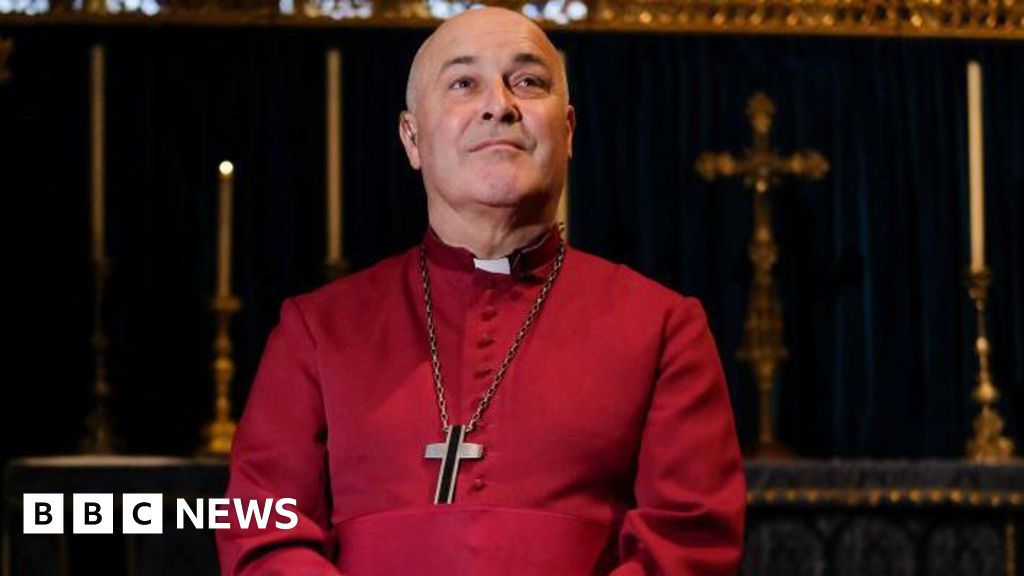The Portuguese government is proposing to slash taxes for under-35s in an attempt to dissuade young people from emigrating - and encourage foreigners to settle in Portugal.
As part of the annual budget, being presented to parliament on Thursday, the centre-right government of Luís Montenegro aims to reduce income tax for under-35s to a maximum of 15%.
The tax rate for Portuguese earning the average salary of just under €20,000 (£16,700) is currently 26%.
Under the government's plan, people in their 20s at the start of their careers could pay nothing at all in tax for the first year, and the tax burden would then be applied on a sliding scale. It would apply to young foreigners, too.
It is the result of a compromise between Montenegro's Democratic Alliance-led government and the Socialist Party (PS), who originally came up with the proposal earlier this year.
In recent years, foreigners have flocked to Portugal, lured by its affordable rents, mild weather and natural beauty.
In the capital Lisbon and the Algarve especially, the number of so-called "digital nomads" has shot up. Their high salaries have driven rents up considerably - often pricing out local Portuguese.
Low salaries in Portugal are also an issue - the minimum wage is €870 (£727) and, at €1,640, the average salary is one of the lowest in Europe.
As a result, many young people routinely choose to leave. Around 30% of Portuguese aged between 15 and 39 - about 850,000 people - now live abroad, according to data from the country's Emigration Observatory.
The prime minister has previously promised that his government would "give young people the future they deserve".
"We need young Portuguese people to seize their skills and put them to work on projects and work for the country,” he said in May.
The measure is projected to cost €650m.
Youth minister Margarida Balseiro Lopes told Portuguese media that while the measure had a high financial cost, "the cost to the country of having the most qualified generation ever, fleeing and leaving and emigrating, is incomparably higher than the financial cost of the measure".
But Lisbon resident João did not believe the new plan will do anything for young people. The government should be focusing instead on policies that addressed the high cost of housing, he said.
"The current government seems to be determined to increase inequality in this country," he told the BBC, adding that the government was "helping out rich foreigners who realistically don't need any more incentives to come here".
Bernardo, 30, a music teacher who moved from Porto to London, felt the measures were "too little too late."
"The reality is that in Portugal wages are too low and the rent prices are very high at the moment for this to feel like it makes a big difference in the long term," he said.
Although he has been in the UK for several years, he believes that even if the measure had been brought in before had left, it would not have made a difference because of the wage difference: "I earn three times more in the UK than I would in Portugal," he said.
The budget will only go through if the opposition Socialists abstain or if the far-right Chega party endorses it - and neither scenario is certain.
A failure to pass the budget would lead to the collapse of the Montengero government, which only came to power in April after the third snap election in three years.
The parliamentary vote on the budget will take place on 31 October.

 2 months ago
18
2 months ago
18









